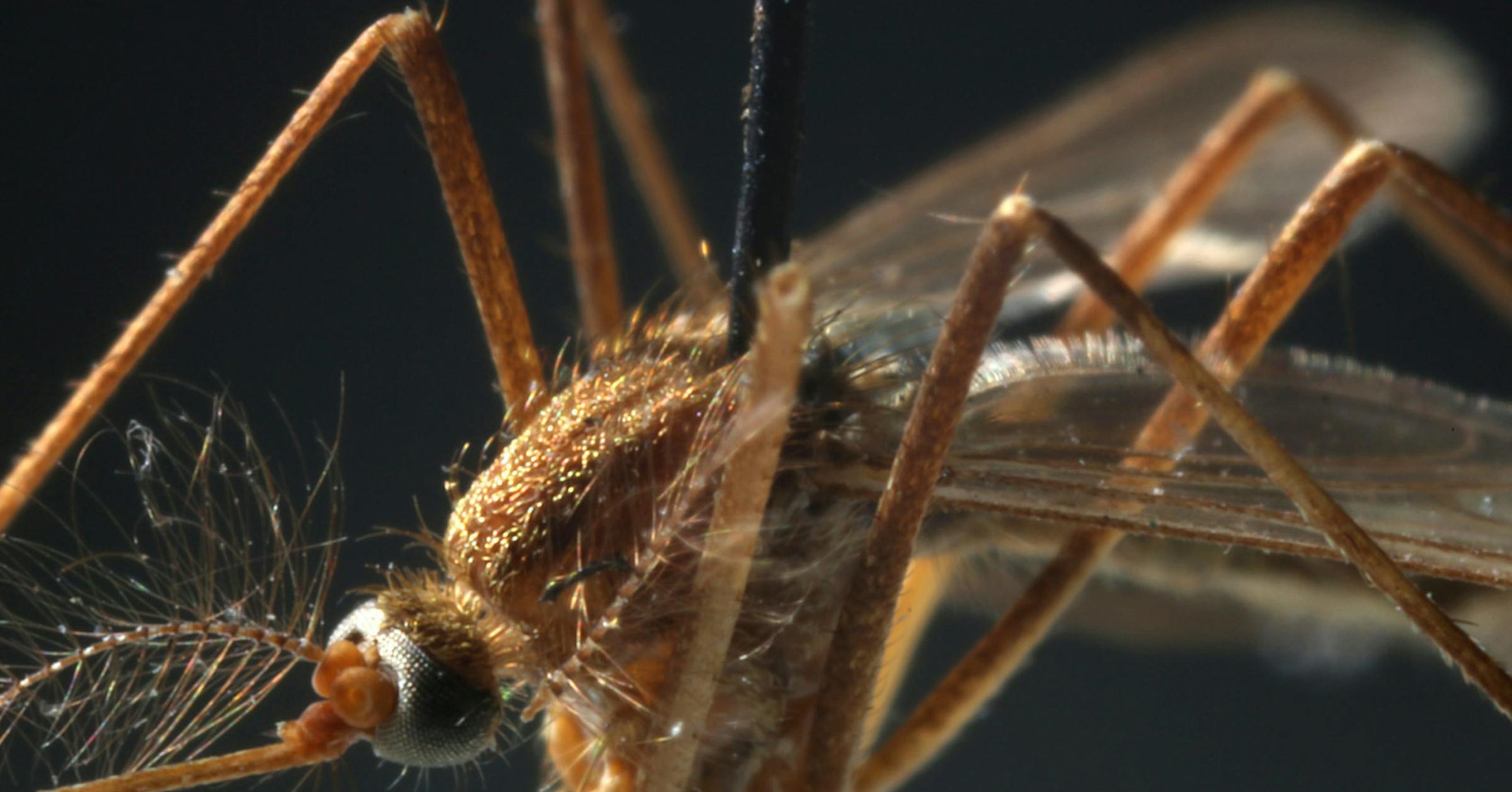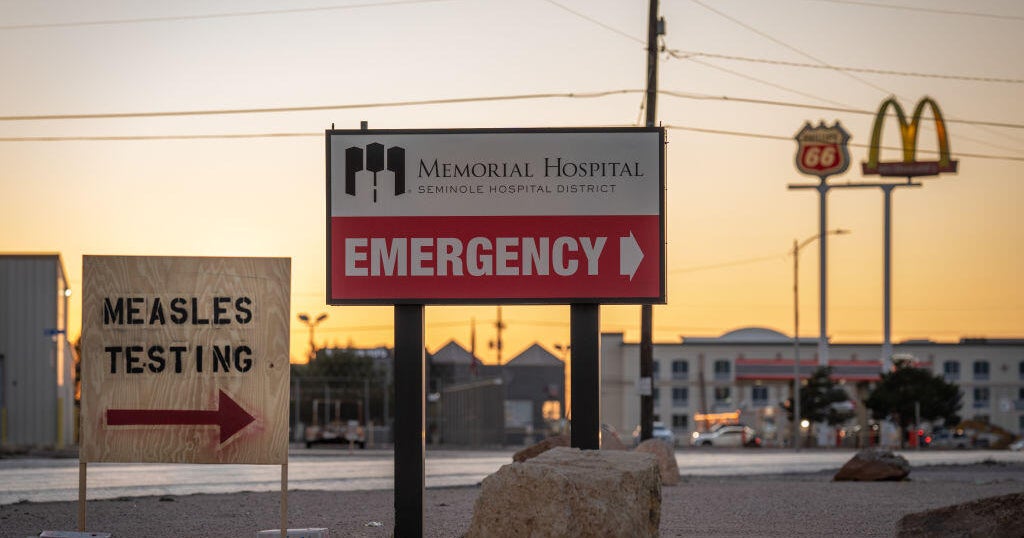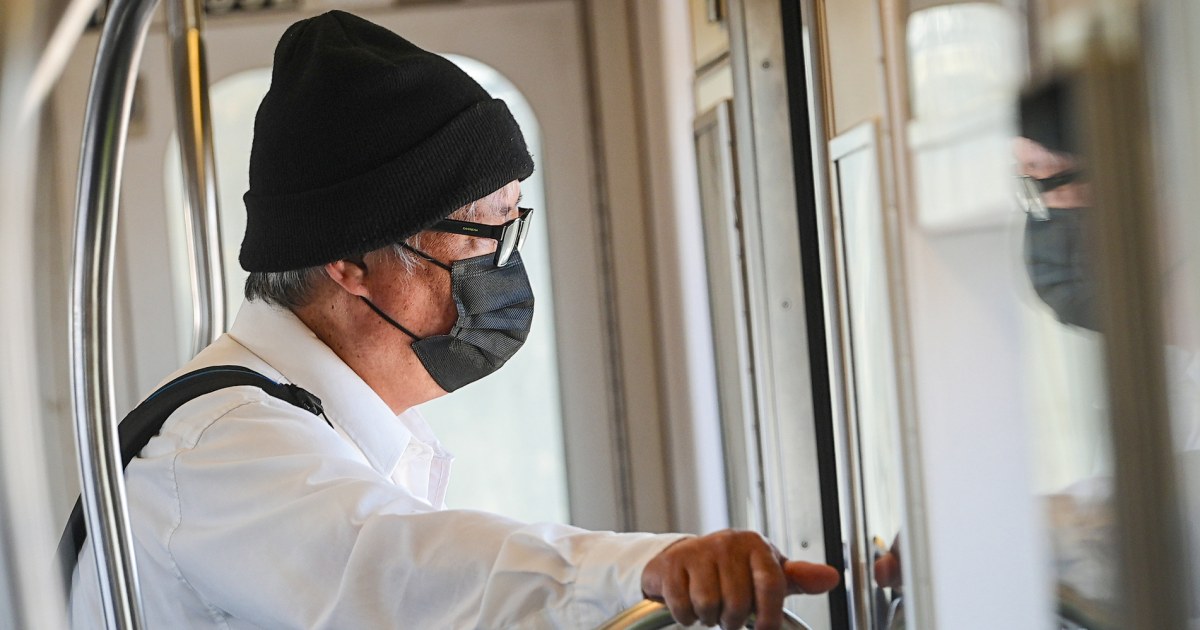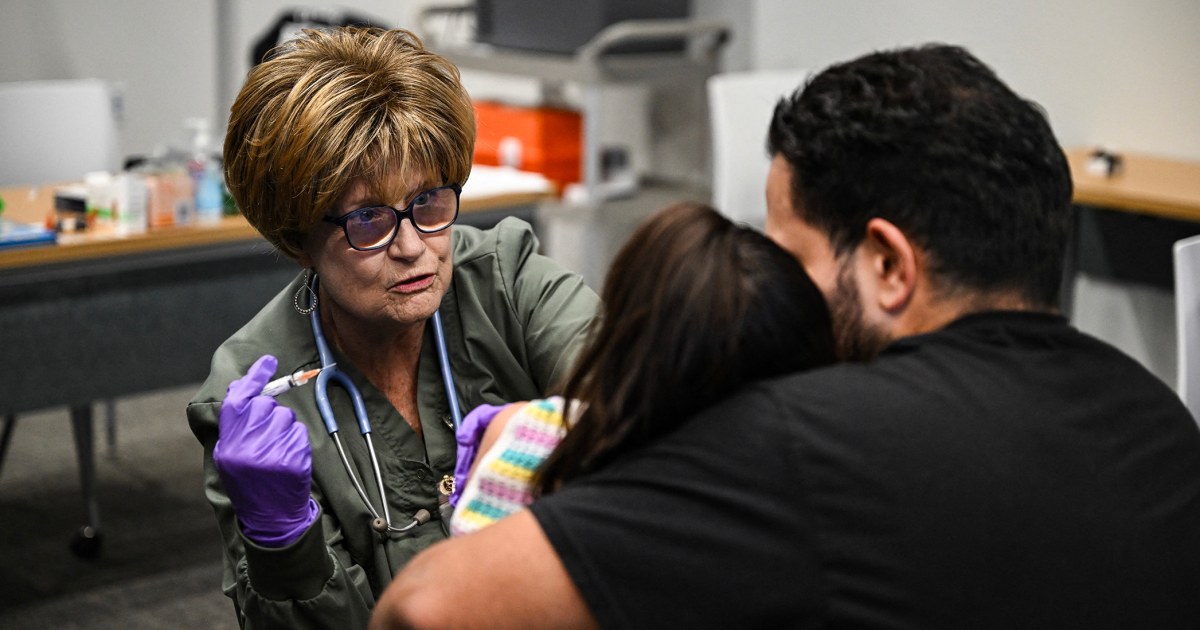Tragedy Strikes: Raw Oysters Claim Two Lives in Louisiana
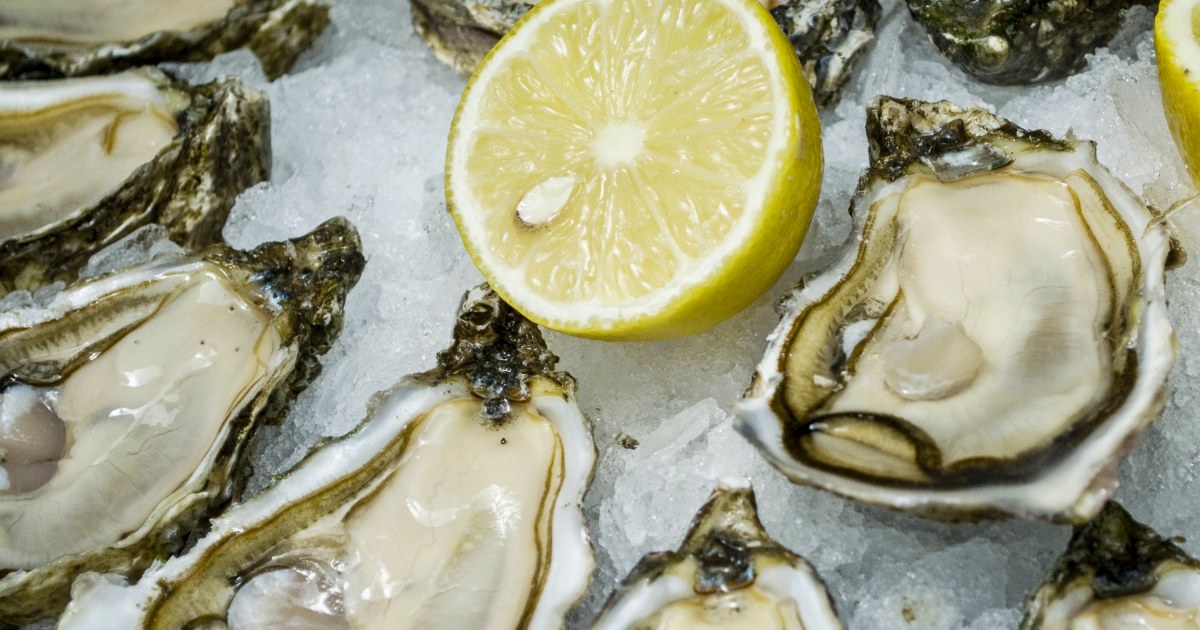
Introduction
In a tragic incident, two people have died after consuming raw oysters in Louisiana. State health officials have confirmed that the cause of death was a flesh-eating bacterium found in the oysters. The victims were hospitalized with severe symptoms, including fever, vomiting, and diarrhea, before their deaths. The incident has sparked concerns about the safety of consuming raw oysters and the importance of proper food handling and preparation.
Risk of Consuming Raw Oysters
While raw oysters may be a delicacy to some, they can pose serious health risks if not handled and prepared properly. Oysters are filter feeders, which means they can accumulate bacteria and viruses from the surrounding waters. When consumed raw, these bacteria and viruses can cause illnesses ranging from mild gastrointestinal distress to severe infections, like the flesh-eating bacterium that claimed the lives of the two individuals in Louisiana. It is important to only consume oysters from reputable and regulated sources and to always thoroughly cook them before consumption.
Public Health Concern
This tragic incident serves as a reminder of the importance of proper food safety and handling. Raw oysters are especially vulnerable to contamination due to their natural habitat and consumption methods. It is crucial for both consumers and businesses to take necessary precautions to prevent illnesses and tragedies like this. The Louisiana Department of Health is actively working to educate the public and
About the Organizations Mentioned
Louisiana Department of Health
The **Louisiana Department of Health (LDH)** is the state agency responsible for protecting and promoting health while ensuring access to medical, preventive, and rehabilitative services for all Louisiana residents. As the largest state agency, LDH operates with a budget of approximately $21 billion and employs over 6,500 personnel. Its headquarters are in Baton Rouge, and it oversees a broad array of health-related functions, including public health, aging and adult services, behavioral health, developmental disabilities, Medicaid, and nutrition assistance programs like SNAP[1][2][5][6]. Historically known as the Louisiana Department of Health and Hospitals, LDH has evolved to coordinate comprehensive healthcare delivery and public health initiatives statewide. It administers licensing for healthcare professionals and facilities, manages Medicaid and Medicare certification, and provides adult protective services. The agency also oversees emergency preparedness and environmental health inspections, such as those for restaurants and water facilities[1][3][5]. Under current leadership, Secretary Ralph L. Abraham, M.D., a practicing family physician and former U.S. Congressman, the department has emphasized individualized public health policies. Notably, in 2024, LDH shifted from mass vaccination promotion for influenza, COVID-19, and Mpox towards encouraging personal choice to rebuild public trust[1]. LDH actively addresses pressing health challenges, including substance abuse and maternal health. Its Project M.O.M. aims to reduce pregnancy-associated opioid overdose deaths by 80% within three years, a critical initiative given that opioid overdose has been the leading cause of pregnancy-associated deaths in Louisiana since 2018[6]. The department also adapts to emerging public health needs such as the rise in whooping cough cases and the ongoing impacts of the COVID-19 pandemic. It engages with hospitals, healthcare providers, academia, and community organizations to improve rural healthcare delivery and expand access to innovative health solutions[4][6]. In sum, LDH plays a vital role in shaping Louisiana’s healthcare landscape through extensive servic


